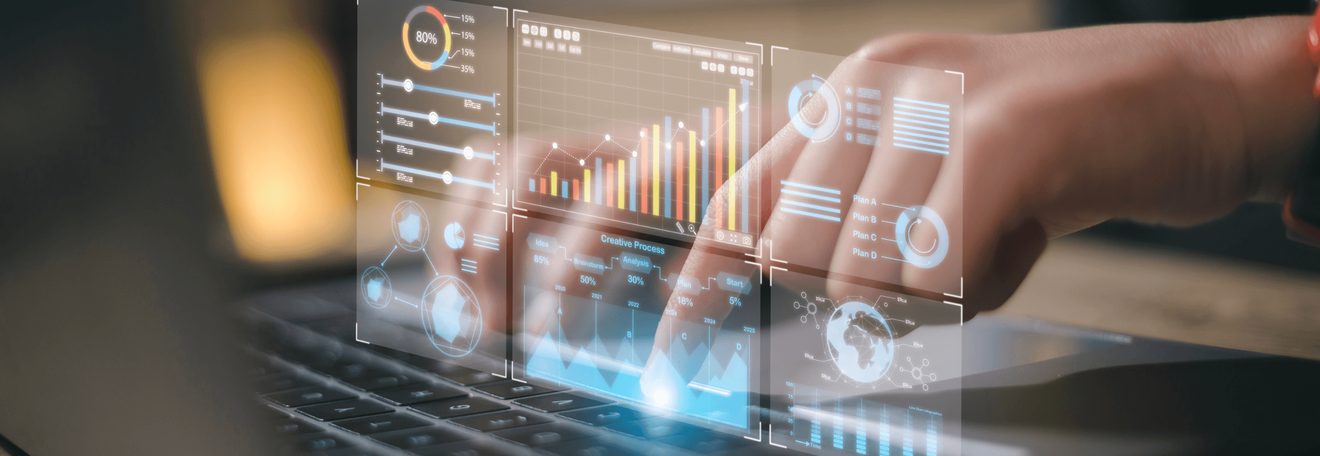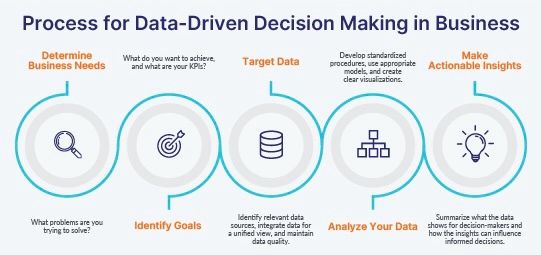Introduction
In today’s fast-moving business environment, data is a company’s most valuable asset. Yet, without the right tools to interpret it, much of its potential remains hidden. Artificial Intelligence (AI) has revolutionized how organizations uncover patterns, trends, and opportunities buried deep within their data. For leading digital transformation companies like Singleclic, leveraging AI for data pattern discovery helps businesses make smarter, faster, and more informed decisions.
What Is Pattern Discovery in Business?
Pattern discovery is the process of identifying recurring relationships, behaviors, or trends in datasets that aren’t immediately obvious. It helps organizations understand customer preferences, market shifts, operational inefficiencies, and even predict future outcomes.
AI technologies such as machine learning, deep learning, and natural language processing (NLP) automate this process — scanning massive amounts of structured and unstructured data to detect patterns humans might overlook.
How AI Uncovers Hidden Business Patterns
1. Machine Learning for Predictive Insights
Machine learning algorithms analyze historical data to predict future behavior. For example, a retailer can use AI to forecast seasonal demand, while a financial institution can identify patterns that signal potential fraud.
2. Deep Learning for Complex Relationships
Deep learning models — especially neural networks — can identify intricate correlations within data. These models are capable of recognizing non-linear patterns, such as customer emotions in social media or anomalies in cybersecurity logs.
3. Natural Language Processing for Unstructured Data
Businesses often have unstructured data like emails, social media posts, and reviews. NLP enables AI systems to extract meaningful information from this data, identifying sentiment trends, customer feedback loops, or emerging topics.
4. Real-Time Analytics for Smarter Decisions
AI doesn’t just analyze historical data — it continuously learns and updates. This means decision-makers can act instantly on new information, adapting their strategies in real time.
Why Businesses Should Use AI for Pattern Recognition
1. Improved Decision-Making
AI enhances decision-making accuracy by providing data-driven insights rather than relying on intuition.
2. Operational Efficiency
By automating repetitive data analysis, AI saves time and reduces human error.
3. Competitive Advantage
Businesses using AI-based analytics can identify opportunities before competitors — whether in pricing, marketing, or customer retention.
4. Risk Reduction
AI models can detect anomalies that may indicate fraud, compliance issues, or performance risks, allowing proactive mitigation.
Common Use Cases of AI Pattern Discovery
- Retail: Predicting consumer trends and optimizing inventory.
- Healthcare: Detecting early disease indicators from medical data.
- Finance: Identifying fraudulent transactions or investment opportunities.
- Manufacturing: Monitoring equipment data to predict maintenance needs.
- Marketing: Segmenting customers and personalizing campaigns.
The Role of Data Analytics and Decision Intelligence
AI-powered pattern recognition is most powerful when combined with decision intelligence — a framework that connects data insights directly to business actions. To explore how data analytics and decision intelligence empower organizations, visit Singleclic’s full article here.
People Also Ask
Can AI do pattern recognition?
Yes. AI, particularly through machine learning and neural networks, excels at recognizing complex patterns across massive datasets.
Can AI identify chart patterns?
Yes. AI algorithms can identify visual and statistical patterns in charts, such as financial trends or performance graphs.
Which AI technique involves finding hidden patterns in unlabelled data?
Unsupervised learning techniques like clustering and association mining are used to find hidden patterns in unlabelled data.
Which AI technique is used for identifying patterns in data?
Both supervised and unsupervised machine learning techniques — including neural networks, decision trees, and clustering — are widely used for pattern identification.
Conclusion
AI is not just about automation — it’s about intelligence amplification. By discovering hidden business patterns, organizations can gain deep insights into their operations, customers, and markets, paving the way for smarter strategies and sustainable growth.
Singleclic, established in 2013, is a leading IT solutions provider serving diverse sectors across the Arab world. With expertise in AI, data analytics, cybersecurity, and digital transformation, Singleclic empowers businesses to harness the full potential of their data and drive intelligent decision-making.
📞 Contact Singleclic:
- Egypt: +2 010 259 99225
- UAE: +971 42 475421
- KSA: +966 58 1106563
🌐 Visit Website









